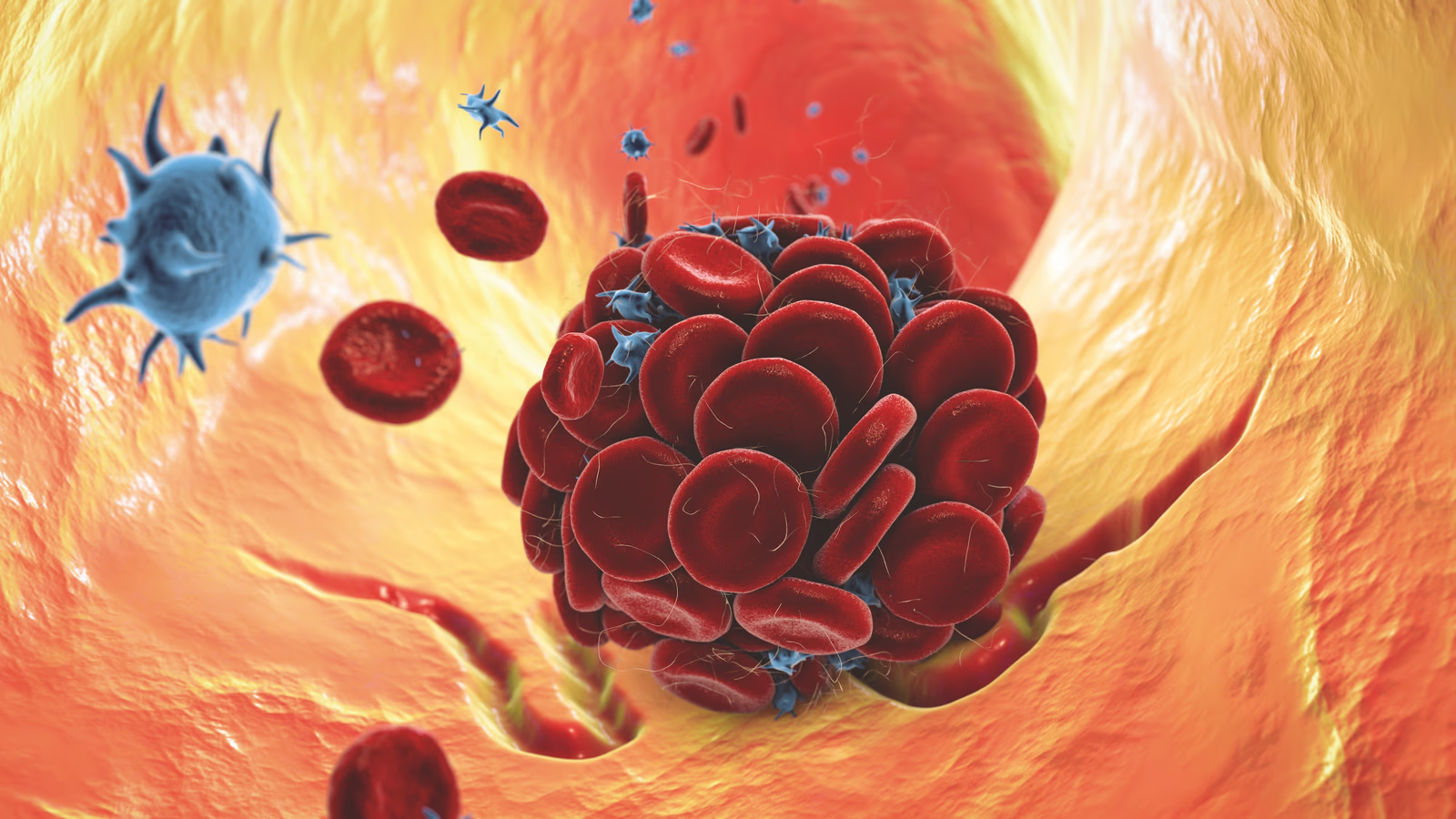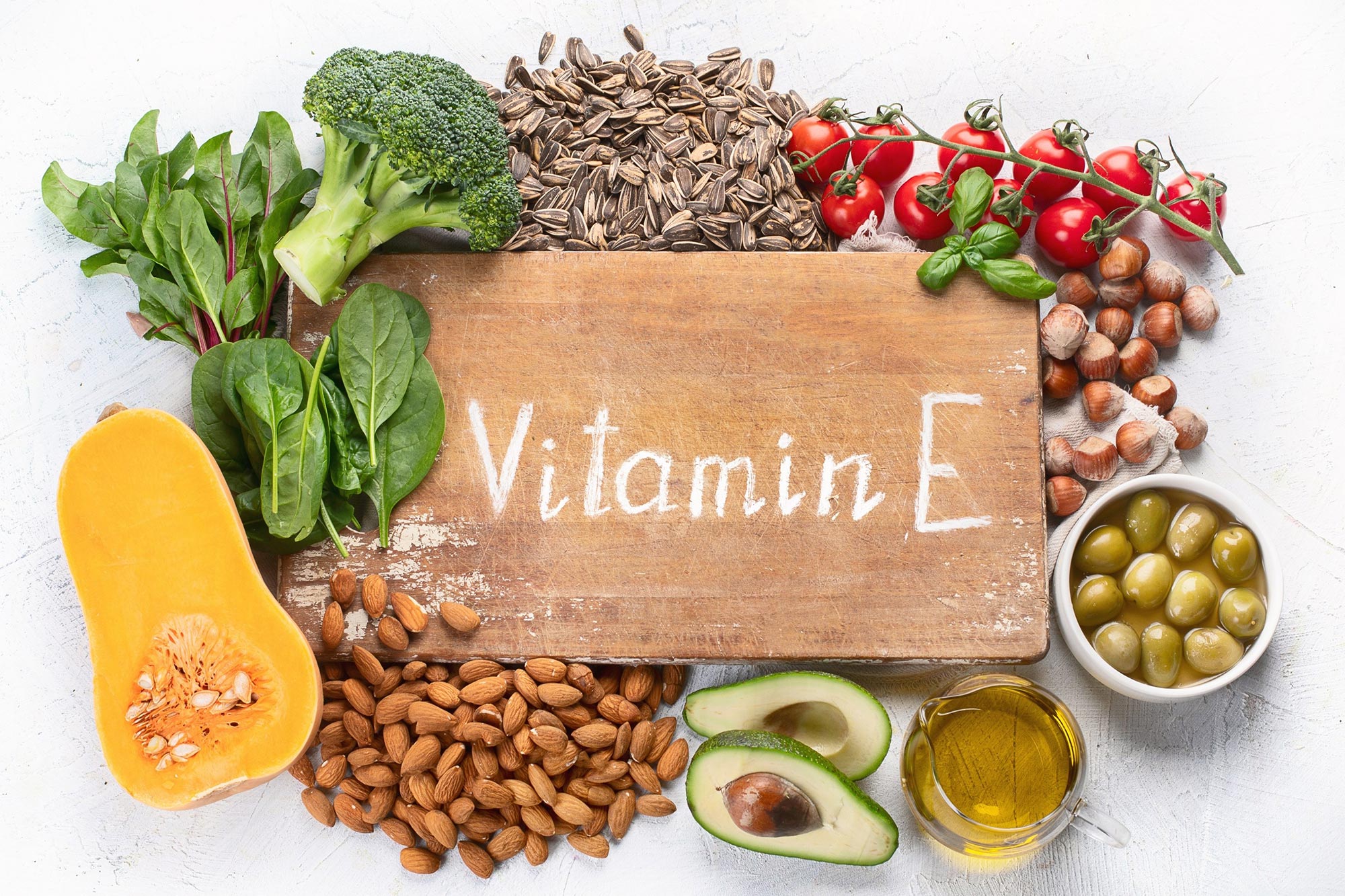Vitamin K is a crucial nutrient that plays a pivotal role in blood clotting and bone health. Despite its importance, it often doesn’t receive the same attention as other vitamins. In this guide, we’ll delve into what Vitamin K is, its various forms, its functions in the body, dietary sources, supplementation, and more.
Understanding Vitamin K
What is Vitamin K?
Vitamin K is a fat-soluble vitamin that exists in two primary forms: Vitamin K1 (phylloquinone) and Vitamin K2 (menaquinone). These forms differ in their sources and biological activities but are both essential for various physiological processes.
Vitamin K is a fat-soluble vitamin that plays a crucial role in blood clotting, bone metabolism, and other vital functions in the body. It exists in two main forms: Vitamin K1 (phylloquinone) and Vitamin K2 (menaquinone).
What are the sources of Vitamin K?
- Vitamin K1: Found abundantly in leafy green vegetables like kale, spinach, and broccoli. Also present in lesser amounts in some fruits and vegetable oils.
- Vitamin K2: Synthesized by bacteria in the gut and also found in fermented foods such as cheese, natto (fermented soybeans), and some animal products like egg yolks and liver.
How does Vitamin K function in the body?
Vitamin K is essential for the production of proteins that regulate blood clotting (coagulation). These proteins require vitamin K to undergo a chemical change that allows them to bind calcium ions, a critical step in the blood clotting process. Beyond clotting, Vitamin K also supports bone health by aiding in the regulation of calcium within bones.
The Role of Vitamin K in Blood Clotting
Why is Vitamin K important for blood clotting?
Blood clotting is a complex process involving a series of chemical reactions that result in the formation of fibrin, a protein that seals wounds and stops bleeding. Vitamin K is essential for the activation of several clotting factors that participate in these reactions, ensuring effective and timely clot formation.
How does Vitamin K deficiency affect blood clotting?
A deficiency in Vitamin K can lead to impaired blood clotting, potentially causing excessive bleeding or prolonged bleeding times. This condition is more common in newborns, people with malabsorption disorders, or those taking certain medications that interfere with Vitamin K metabolism.
What are the symptoms of Vitamin K deficiency?
Symptoms may include easy bruising, excessive bleeding from minor cuts or injuries, and in severe cases, internal bleeding. In infants, Vitamin K deficiency can lead to a rare but serious condition called vitamin K deficiency bleeding (VKDB).
Dietary Sources and Absorption of Vitamin K
What are the best dietary sources of Vitamin K?
- Vitamin K1: Leafy green vegetables such as kale, spinach, collard greens, and broccoli are excellent sources.
- Vitamin K2: Found in fermented foods like natto, cheese (particularly hard cheeses), and in smaller amounts in animal products such as egg yolks and liver.
How is Vitamin K absorbed in the body?
Vitamin K absorption occurs primarily in the small intestine, where it is absorbed along with dietary fats. Bile salts and pancreatic enzymes are necessary for the absorption process, making adequate fat intake important for Vitamin K absorption.
Health Benefits Beyond Blood Clotting
Besides blood clotting, what other roles does Vitamin K play in the body?
Apart from its role in blood clotting, Vitamin K is essential for maintaining bone health by assisting in the synthesis of osteocalcin, a protein involved in bone mineralization. It also contributes to cardiovascular health by potentially reducing arterial calcification.
Is Vitamin K beneficial for cardiovascular health?
Emerging research suggests that Vitamin K, particularly Vitamin K2, may play a role in cardiovascular health by helping to prevent calcium from depositing in arteries, which could reduce the risk of arterial stiffness and cardiovascular events.
Vitamin K Supplementation and Considerations
Who might benefit from Vitamin K supplementation?
Individuals who are at risk of Vitamin K deficiency due to conditions like malabsorption disorders (e.g., celiac disease, cystic fibrosis) or those taking medications that interfere with Vitamin K metabolism (e.g., certain antibiotics, anticoagulants) may benefit from supplementation. Pregnant women and newborns may also be recommended Vitamin K supplements under medical supervision.
What are the considerations when taking Vitamin K supplements?
It’s crucial to consult with a healthcare provider before starting Vitamin K supplements, especially if you are taking medications like blood thinners (anticoagulants) or if you have a history of clotting disorders. High doses of Vitamin K supplements can interfere with these medications or conditions.
Conclusion
Vitamin K is indeed an unsung hero in the realm of nutrition, particularly known for its critical role in blood clotting but also significant for bone health and possibly cardiovascular health. Ensuring an adequate intake through a balanced diet rich in leafy greens, fermented foods, and healthy fats is key to reaping its benefits. For those at risk of deficiency, supplementation should be approached with caution and under medical guidance. Understanding Vitamin K’s multifaceted functions underscores its importance in maintaining overall health and well-being.
- NCTF 135 HA Near Seale, Surrey - December 21, 2024
- NCTF 135 HA Near Brooklands, Surrey - December 21, 2024
- Light Eyes Ultra – Dark Circles Treatment Near Woking, Surrey - December 20, 2024



